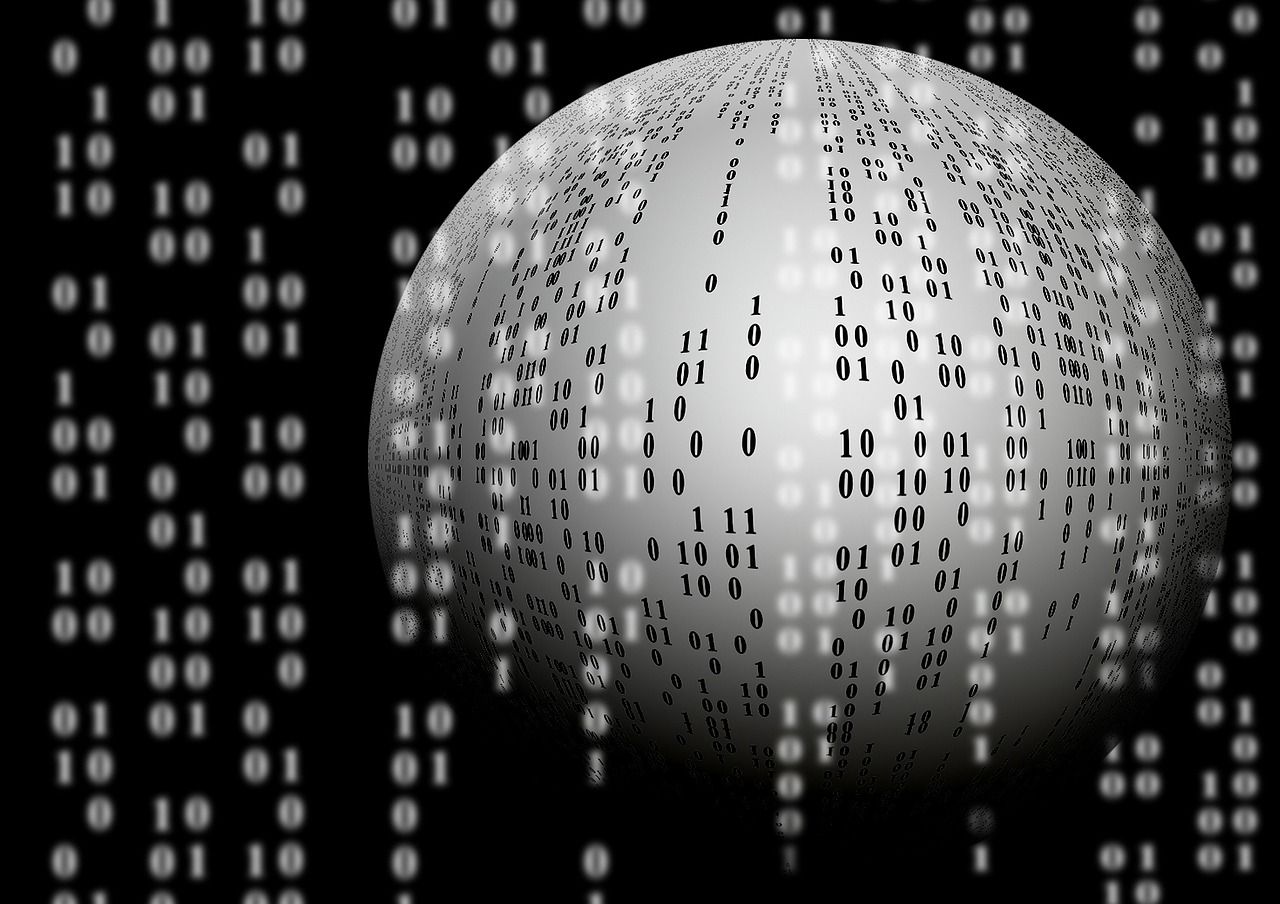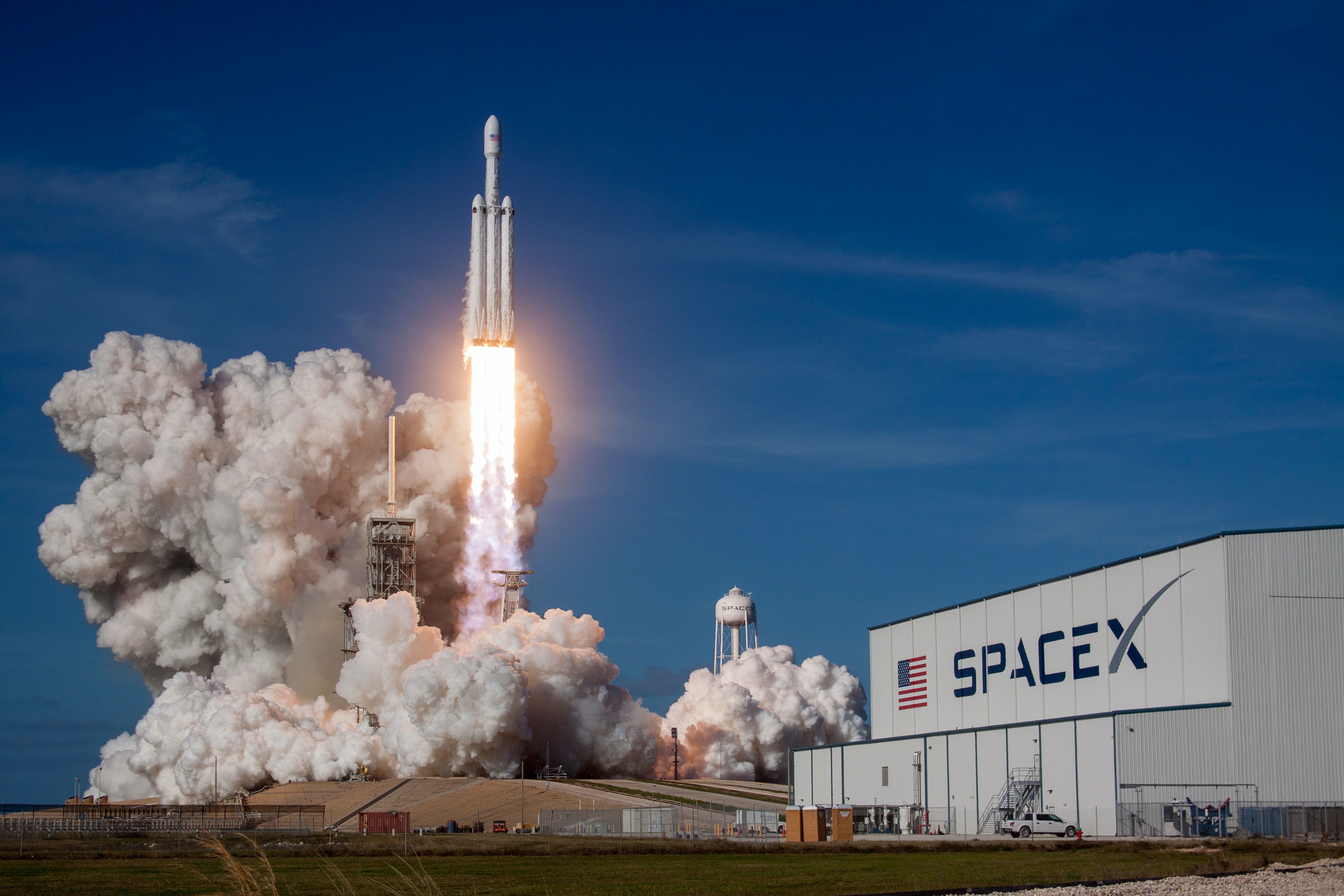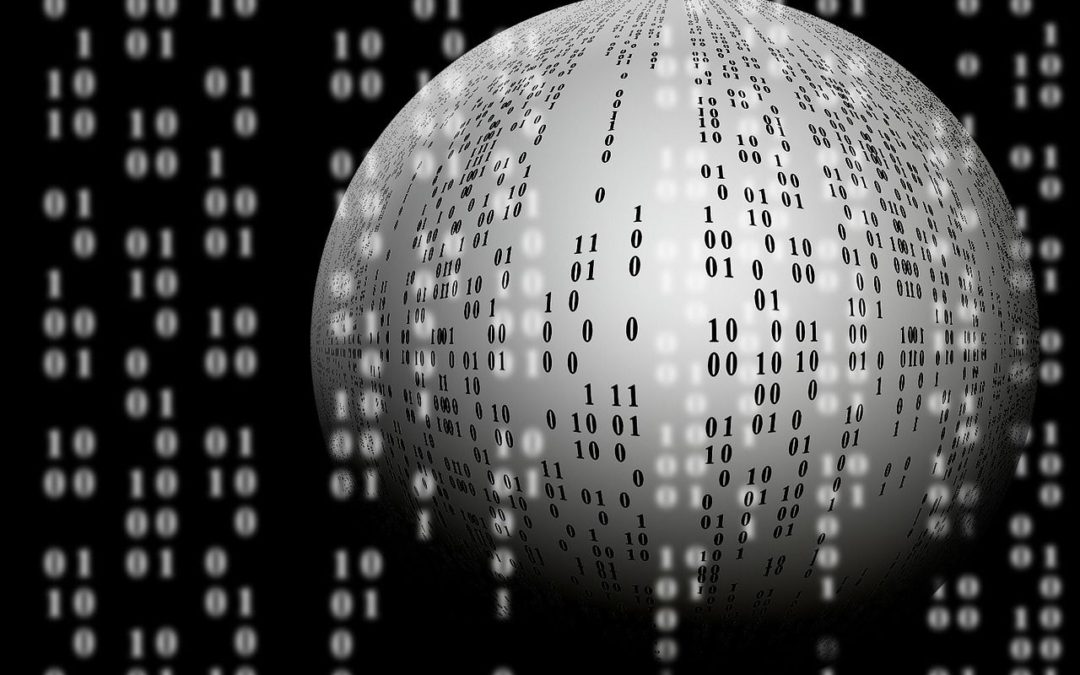
For the past few weeks, the world's attention has been turned towards the war in Ukraine. Thanks to social media, we've been able to follow the war in ways not possible through conventional media: regular people on site can share what they see, experience, and feel.
Beyond just giving the general population of the world an inside look, this provides the Ukrainian armed forces with vital intelligence of, for example, enemy troop movements. It could also prove vital in the war's aftermath, for example when investigating war crimes.
The Ukrainian government seems to have understood all of this at an early stage, because on February 24, the Ukrainian minister of digital transformation, Mykhailo Fedorov, reached out to Elon Musk on Twitter, requesting for Starlink terminals to be brought in.
Starlink service is now active in Ukraine. More terminals en route.
— Elon Musk (@elonmusk) February 26, 2022
Soon after, Musk responded that Starlink was active in Ukraine, ahead of its original launch date, and that a shipment of terminals en route. On March 10, Fedorov tweeted that the second batch of Starlink units had been received.
"We had been working with the Ukrainians for a month and a half or so(…)I think the best way to uphold democracies is to make sure we all understand what the truth is", said Gwynne Shotwell, Chief Operating Officer at SpaceX, in a talk at the California Institute of Technology on March 7.
Conventional internet connections are sensitive and easy to take out and disrupt, something that's likely to happen either by accident as war rages on, or on purpose by a hostile force that wants to control the flow of information in hopes of a quicker victory. Something that's become evident as parts of the country have suffered disruptions.
Starlink isn't the only space-based technology that's of great importance in the war. The EU's satellite center in Madrid has been providing Ukraine with intelligence, but the country has also had access to commercial intelligence, such as the famous Maxar footage of the Russian convoy approaching Kyiv.








